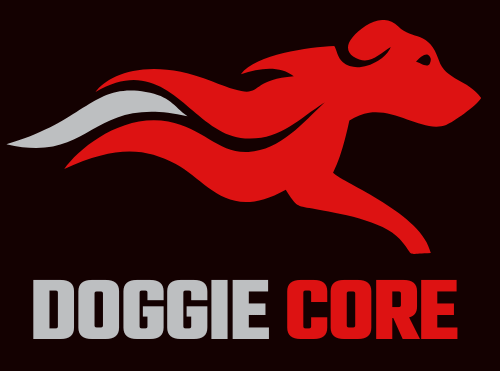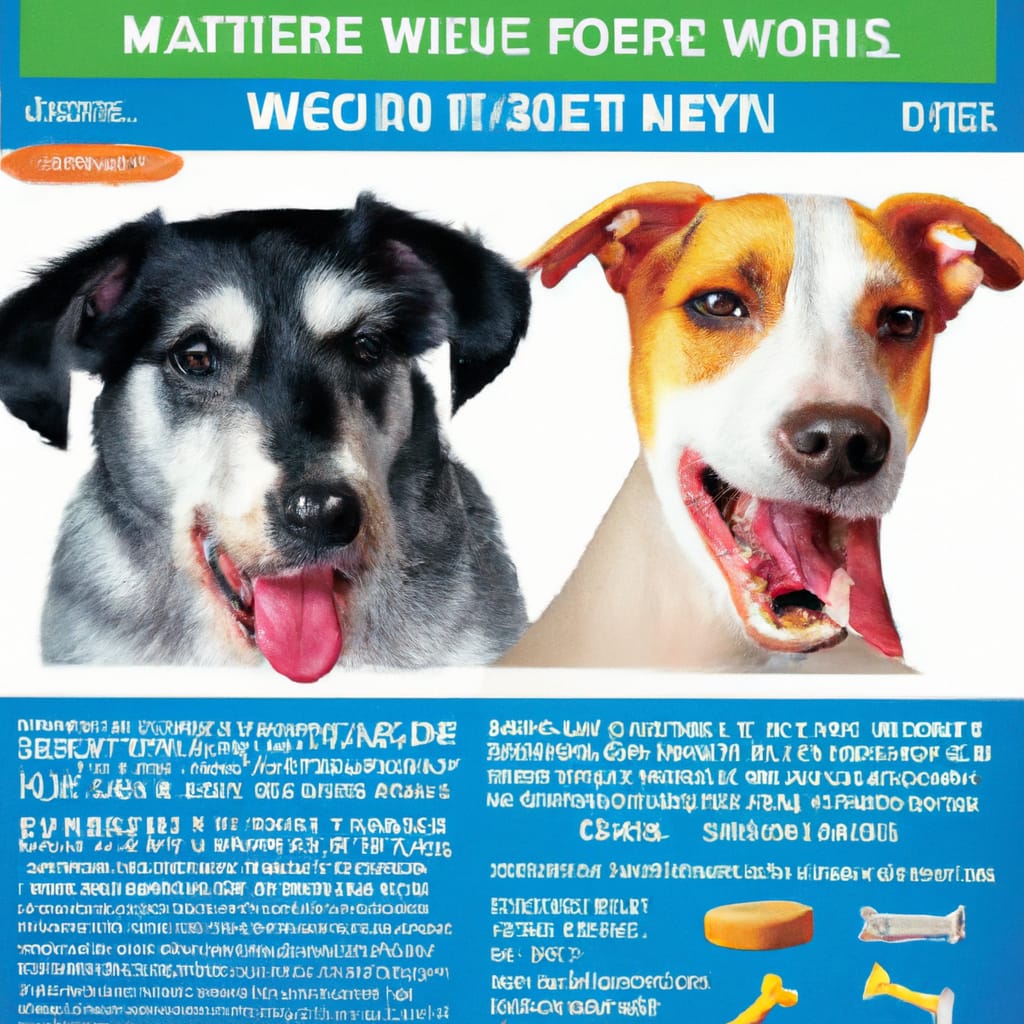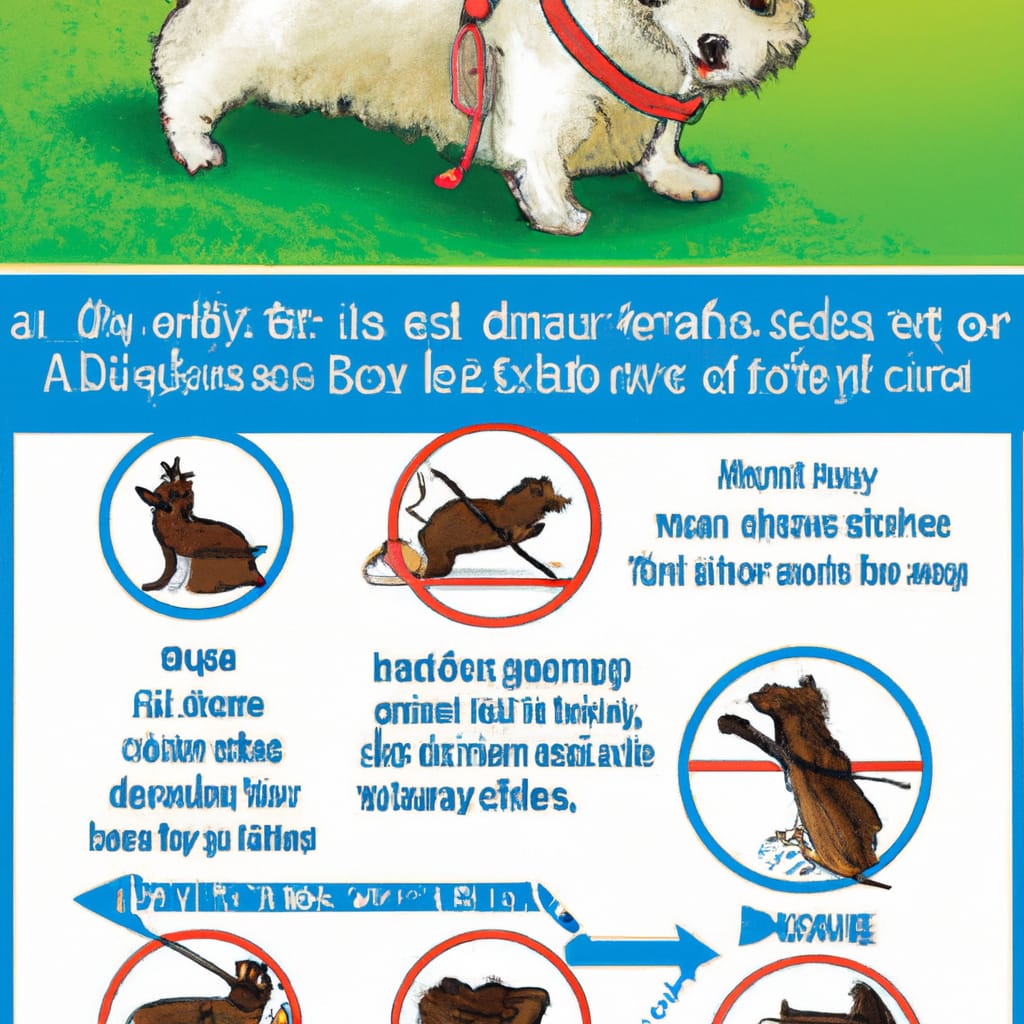Caring For Your Dog’s Dental Health: Tips And Tricks
Are you looking for ways to keep your furry friend’s teeth and gums healthy? Look no further! In this article, we will provide you with simple yet effective tips and tricks to ensure your dog’s dental health. From daily brushing techniques to choosing the right dental treats, you’ll learn everything you need to know to keep your dog’s pearly whites in tip-top shape. So sit back, relax, and get ready to discover the secrets to a happy and healthy smile for your four-legged companion.
Why is dental health important for dogs?
Preventing dental disease
Dental health is crucial for dogs because it helps prevent dental diseases. Just like humans, dogs can develop dental problems such as plaque buildup, tartar, and gum disease. By practicing good dental care, you can prevent these issues from occurring and maintain your dog’s oral health.
Avoiding other health issues
Taking care of your dog’s dental health is not only beneficial for their teeth and gums but can also prevent other health issues. Poor oral hygiene can lead to bacteria entering the bloodstream, potentially causing problems in other organs such as the heart, liver, and kidneys. By keeping your dog’s teeth clean and healthy, you can help prevent these secondary health issues.
Improving overall well-being
A healthy mouth contributes to your dog’s overall well-being. Dental issues can cause pain and discomfort for your furry friend, making it difficult for them to eat, chew, and even play. By ensuring good dental health, you can improve their quality of life and keep them happy and active.
Signs of dental problems in dogs
Bad breath
One of the most common signs of dental problems in dogs is bad breath, also known as halitosis. While some dog breeds naturally have stronger breath, persistent bad breath can indicate dental issues. If your dog’s breath is consistently foul-smelling, it may be time to check their oral health.
Yellow or brown teeth
Healthy dog teeth should be pearly white. If you notice yellow or brown discoloration on your dog’s teeth, it could be a sign of tartar buildup. Tartar forms when plaque hardens and can lead to more serious dental problems if left untreated.
Bleeding gums
If you find blood on your dog’s chew toys or their gums appear swollen and bleed easily, it could indicate gum disease or gingivitis. Although some bleeding may occur during normal chewing, persistent bleeding should be taken seriously and addressed promptly.

Regular dental care routine
Brushing your dog’s teeth
Brushing your dog’s teeth is one of the most important aspects of maintaining their dental health. You can use a specially designed dog toothbrush or a soft-bristled toothbrush. Introduce toothbrushing gradually to your dog and make it a positive experience by using tasty canine toothpaste.
Choosing the right toothbrush and toothpaste
When selecting a toothbrush for your dog, opt for one with a long handle and soft bristles that can reach all areas of their mouth easily. As for toothpaste, never use human toothpaste, as it can be toxic to dogs. Instead, choose a pet-friendly toothpaste with flavors like poultry or beef that appeal to your furry friend.
Frequency of brushing
Ideally, you should aim to brush your dog’s teeth daily. However, if that is not feasible, aim for at least three times a week. Regular brushing helps prevent plaque buildup and keeps their teeth and gums healthy. Remember to be patient and gentle during brushing sessions, allowing your dog to become comfortable with the process over time.
Alternative dental care options
Dental chews and treats
Dental chews and treats can be a valuable addition to your dog’s oral care routine. These chewy treats are designed to promote chewing, which helps remove plaque and tartar from your dog’s teeth. Look for dental chews that are recommended by veterinarians and specifically created to promote dental health.
Water additives
Water additives for dogs are an easy and convenient way to support their dental health. These additives are typically added to your dog’s drinking water and can help reduce plaque and tartar buildup. They work by altering the pH levels in the mouth, creating an environment that is less favorable for bacteria growth.
Oral sprays and gels
Oral sprays and gels are another alternative for maintaining your dog’s dental health. These products are applied directly to your dog’s gums and teeth, helping to control bacteria and freshen their breath. Look for products that are specifically formulated for dogs and follow the instructions provided to ensure safe and effective use.

Professional dental cleanings
When to consider professional cleanings
While regular at-home dental care is essential, professional dental cleanings are necessary for a comprehensive oral health assessment. It is recommended to consider professional cleanings at least once a year or as advised by your veterinarian. However, some dogs may require more frequent cleanings, especially those with existing dental issues or predispositions to oral problems.
What to expect during a dental cleaning
During a professional dental cleaning, your dog will be placed under anesthesia to ensure a thorough and safe procedure. The veterinarian will examine your dog’s teeth and gums, remove plaque and tartar, and address any oral issues such as gum disease or tooth decay. The cleaning process may also include polishing the teeth to prevent future plaque buildup.
Aftercare and maintenance
After a professional dental cleaning, your veterinarian will provide guidance on post-operative care and tips for maintaining your dog’s oral health. This may include recommendations for home dental care routines, such as brushing and the use of dental chews. Regular follow-up visits will also be scheduled to monitor your dog’s dental health and address any concerns.
Diet and nutrition for dental health
Importance of proper diet
A nourishing diet plays a significant role in your dog’s dental health. Feeding your dog high-quality food with appropriate nutrients helps support strong teeth and gums. Ensure that your dog’s diet includes essential vitamins and minerals that promote oral health.
Foods to promote dental health
Some foods can help maintain your dog’s dental health. Hard, crunchy foods like kibble or dental-specific diets can help reduce plaque and tartar buildup by mechanically cleaning the teeth as they chew. Additionally, incorporating fibrous vegetables such as carrots or apples into their diet can contribute to their overall oral health.
Avoiding harmful foods
Just as some foods are beneficial, others can be harmful to your dog’s dental health. Avoid feeding your dog sugary or sticky treats as they can promote the growth of harmful bacteria. Additionally, certain human foods like chocolate, grapes, and onions should be avoided as they can be toxic and negatively impact your dog’s oral health.
Importance of regular check-ups
Routine veterinary examinations
Routine veterinary examinations are crucial for maintaining your dog’s overall health, including their dental well-being. During these check-ups, the veterinarian will assess your dog’s teeth and gums, looking for any signs of dental problems. Regular examinations allow for early detection and intervention, preventing more severe dental issues down the line.
Professional dental assessments
In addition to regular check-ups, it is essential to have your dog’s teeth professionally assessed by a veterinarian. Dental assessments involve a more detailed examination of your dog’s oral cavity, assessing the condition of their teeth and supporting structures. Your veterinarian may also take dental X-rays to evaluate potential issues beneath the gumline.
Identifying early signs of dental problems
Regular check-ups and dental assessments enable the early identification of dental problems. By catching dental issues in their early stages, you can address them promptly and prevent further damage to your dog’s oral health. Your veterinarian can recommend appropriate treatments or interventions based on their assessment, ensuring the best care for your furry friend.
Dealing with dental emergencies
Tooth fractures and breakage
Dental emergencies, such as tooth fractures or breakage, require immediate attention. If you notice any visible damage to your dog’s teeth, contact your veterinarian right away. In some cases, dental emergencies may cause pain or discomfort, and swift intervention can help alleviate your dog’s discomfort and prevent further complications.
Excessive drooling or pawing at the mouth
Excessive drooling or pawing at the mouth can be indicators of dental problems or an oral emergency. If you notice these symptoms, it is essential to have your dog’s oral health evaluated by a veterinarian. These signs may indicate issues such as gum infections, abscesses, or foreign objects stuck in their teeth or gums.
Bleeding or swollen gums
Bleeding or swollen gums can be indicative of gum disease, gingivitis, or other oral health issues. If you observe these symptoms in your dog, it is crucial to schedule a veterinary appointment. Your veterinarian will be able to assess the severity of the condition and recommend appropriate treatment to alleviate discomfort and resolve the underlying cause.
Addressing common dental issues
Gingivitis and periodontal disease
Gingivitis and periodontal disease are common dental problems in dogs. Gingivitis refers to inflammation of the gums, which can progress into periodontal disease if left untreated. These conditions are primarily caused by bacterial infection and can lead to tooth loss and systemic health issues if not addressed promptly. Treating these issues may involve professional dental cleanings, antibiotics, and at-home dental care.
Tooth decay and cavities
Tooth decay and cavities can occur in dogs, although they are less common compared to humans. These issues are typically the result of poor dental hygiene and a diet high in sugary or acidic foods. Treatment may involve dental cleanings, fillings, or extractions depending on the severity of the decay or cavities.
Abscesses and infections
Abscesses and infections can occur in the teeth, gums, or surrounding oral tissues. These conditions are typically the result of untreated dental issues or trauma to the mouth. Abscesses often require surgical intervention to drain and remove infected material, and antibiotics may be prescribed to clear the infection. It is essential to address these issues promptly to prevent further pain and potential spread of infection.
Preventing dental problems in puppies
Starting dental care early
Preventing dental problems in puppies starts with establishing good oral hygiene habits early on. Begin getting your puppy accustomed to having their mouth touched and gradually introduce them to toothbrushing. Starting dental care routines from a young age helps foster a lifetime of good dental health.
Choosing appropriate chew toys
Chew toys are not just for entertainment; they also play a role in your puppy’s dental health. Opt for chew toys that are designed to promote dental hygiene, such as those made of durable materials that can help remove plaque and tartar. Avoid giving your puppy toys that are too hard or have small parts that could pose a choking hazard.
Professional guidance for puppies
Consulting with a veterinarian early on can provide invaluable guidance on caring for your puppy’s dental health. Veterinarians can recommend appropriate dental care products, provide demonstrations on toothbrushing techniques, and offer advice tailored to your puppy’s specific needs. Regular veterinary check-ups also allow for ongoing monitoring of your puppy’s dental development and early detection of any potential issues.
Taking care of your dog’s dental health is an essential aspect of responsible pet ownership. By preventing dental diseases, detecting early signs of problems, and providing regular dental care, you can help ensure your furry friend’s well-being and improve their quality of life. With the right knowledge, tools, and professional guidance, you can become your dog’s oral healthcare advocate and keep that tail wagging with a healthy smile.













